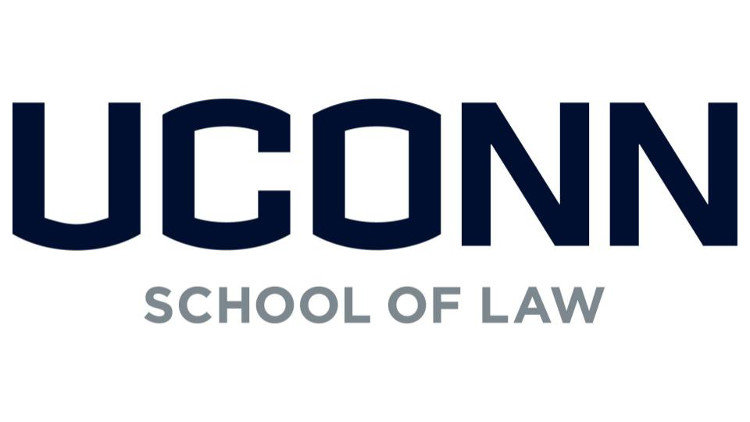Jim Francis of Francis Mailman Soumilas, P.C. Argues Thomson Reuters Lawsuit to U.S. Court of Appeals for Second Circuit at UConn School of Law

Jim Francis of Francis Mailman Soumilas, P.C. argued his case Kidd v. Thomson Reuters Corporation to the United States Second Circuit Court of Appeals at a session held at the UConn School of Law on February 4, 2019.
In Kidd v. Thomson Reuters, plaintiff Lindsay A. Kidd brought a Fair Credit Reporting Act (FCRA) putative class action claim against Thomson Reuters after she was allegedly denied employment based on a false background check provided by Thomson Reuters.
The case questioned whether Thomson Reuters is considered a consumer reporting agency (CRA), as defined under the FCRA. The company argued that it is not a CRA because it does not regularly provide employment background checks and screening, and thus it disclaims responsibility for the report’s misuse.
On October 26, 2017, the United States District Court for the Southern District of New York issued its decision granting Thomson Reuters’ motion. The Court did not find that Thomson Reuters “regularly” acts as a CRA. However, Kidd filed a notice of appeal to the Second Circuit on October 27, 2017.
This appeal was one of the rare selected cases that the Second Circuit Court of Appeals heard at UConn School of Law on February 4, 2019. Jim Francis is representing the plaintiff throughout this case. The consumer protection attorneys of Francis Mailman Soumilas, P.C. are determined to help consumers fight back against unfair employment reports.
Your Rights Against False Background Checks
The FCRA monitors how companies can regulate their employment screening services:
- Employers are required to provide a copy of the report and a summary of the consumer’s FCRA rights to prospective or current employees before taking adverse action (such as denying a job application).
- Consumers have the chance to review their employment background check and dispute false information.
- Consumer reporting agencies are required to provide employment reports that meet the standard of maximum possible accuracy.
